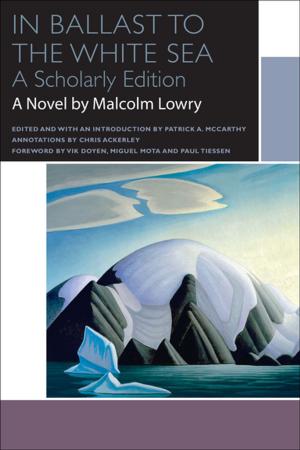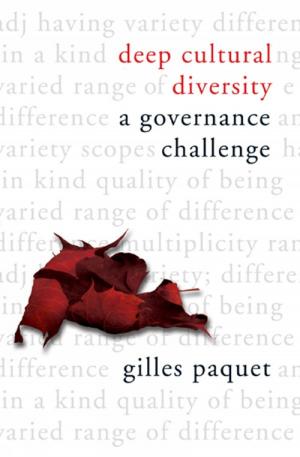Multicultural Dynamics and the Ends of History
Exploring Kant, Hegel, and Marx
Nonfiction, Religion & Spirituality, Philosophy, Political| Author: | Real Fillion | ISBN: | 9780776618289 |
| Publisher: | University of Ottawa Press | Publication: | February 28, 2008 |
| Imprint: | University of Ottawa Press | Language: | English |
| Author: | Real Fillion |
| ISBN: | 9780776618289 |
| Publisher: | University of Ottawa Press |
| Publication: | February 28, 2008 |
| Imprint: | University of Ottawa Press |
| Language: | English |
Multicultural Dynamics and the Ends of History provides a strikingly original reading of key texts in the philosophy of history by Kant, Hegel, and Marx, as well as strong arguments for why these texts are still relevant to understanding history today. Réal Fillion offers a critical exposition of the theses of these three authors on the dynamics and the ends of history, in order to provide an answer to the question: "Where are we headed?" Grounding his answer in the twin observations that the world is becoming increasingly multicultural and increasingly unified, Fillion reasserts the task of the speculative philosophy of history as it had been understood by German philosophy: the articulation and understanding the historical process as a developmental whole. Fillion's interpretation engages many recent strands of social and political thought in order to provide a new understanding of current events, and possible futures, grounded in the understanding of the dynamics of the past and the present provided by Kant, Hegel, and Marx. The result is a rich and timely answer to the question of where our world is headed today.
Multicultural Dynamics and the Ends of History provides a strikingly original reading of key texts in the philosophy of history by Kant, Hegel, and Marx, as well as strong arguments for why these texts are still relevant to understanding history today. Réal Fillion offers a critical exposition of the theses of these three authors on the dynamics and the ends of history, in order to provide an answer to the question: "Where are we headed?" Grounding his answer in the twin observations that the world is becoming increasingly multicultural and increasingly unified, Fillion reasserts the task of the speculative philosophy of history as it had been understood by German philosophy: the articulation and understanding the historical process as a developmental whole. Fillion's interpretation engages many recent strands of social and political thought in order to provide a new understanding of current events, and possible futures, grounded in the understanding of the dynamics of the past and the present provided by Kant, Hegel, and Marx. The result is a rich and timely answer to the question of where our world is headed today.















